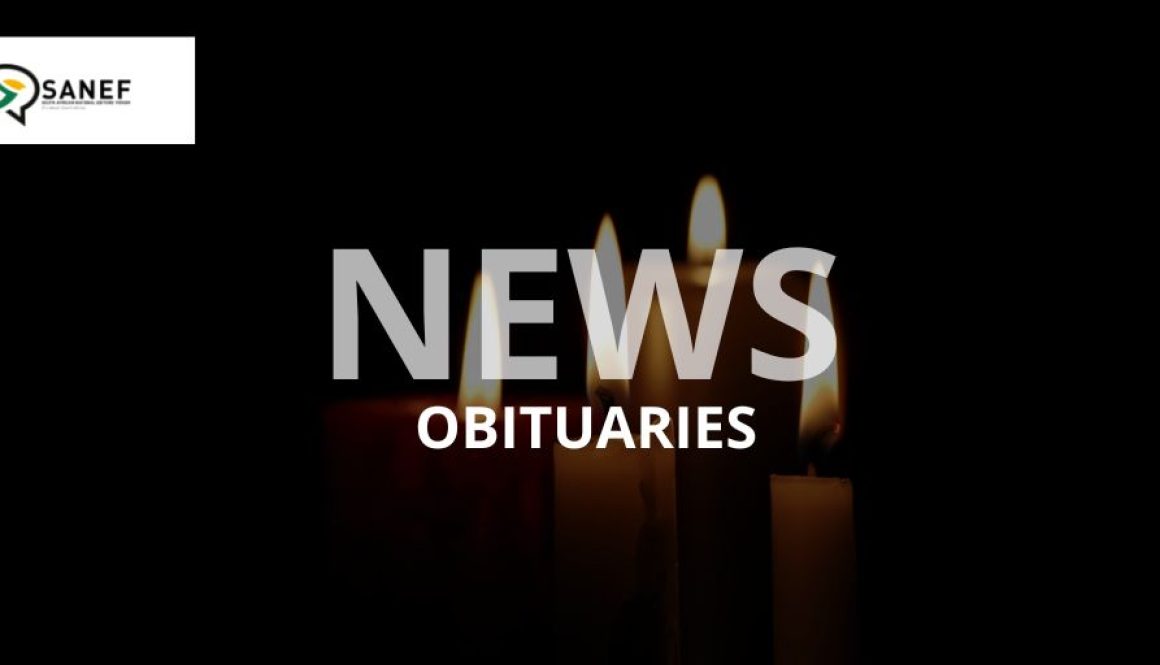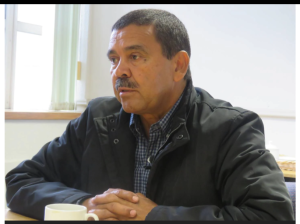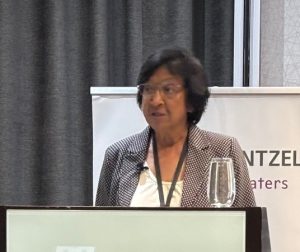Media Milestone Against Big Tech’s Unfair Competition
The South African National Editors’ Forum (Sanef) has achieved a significant milestone in its fight against unfair competition from big tech firms. The organisation has welcomed the provisional findings and remedies released by the Competition Commission Media and Digital Platforms Market Inquiry (MDPMI).
Download the MDPMI Provisional Report
Read Sanef statement on the MDPMI report.
This development marks a crucial step in addressing the challenges faced by the South African media landscape, which has been severely impacted by the rise of digital platforms and social media over the past two decades.
The inquiry was a landmark investigation into the impact of major technology companies on the country’s media industry. The report has validated longstanding concerns that tech giants such as Google, Meta, and X (formerly Twitter) have undermined South African journalism, depriving media houses of much-needed revenue and contributing to widespread job losses in the industry.
This inquiry, which has drawn international attention, follows similar battles in countries such as Canada and Australia, where governments have pushed for financial restitution from Big Tech to support their national news industries.

The commission’s findings offer a glimmer of hope for South African media houses, which have seen their advertising revenues gutted over the last two decades due to the dominance of digital platforms. However, the battle is far from over, as initial reactions from tech firms indicate they are unlikely to comply without resistance.
With AI-driven search and social platforms reshaping how people find news and information, how can media organisations stay visible and valued? Is this a turning point for journalism or just another difficult chapter? And what changes will help newsrooms maintain their essential role in their communities and remain sustainable?
The MDPMI’s findings paint a stark picture of how Big Tech’s dominance has affected the local media landscape. Over the past two decades, the number of journalists in South Africa has been cut in half, leaving newsrooms understaffed and overburdened. Community media outlets, which play a crucial role in ensuring media plurality and accessibility, have been hit the hardest, with many shutting down due to financial constraints.
Sanef and other media advocacy groups have long argued that digital platforms have built their business models on the content produced by news organisations without offering fair compensation.
While tech companies claim they provide value by directing traffic to news websites, the commission’s report found that this is far from sufficient to offset the damage they have caused. Google, for instance, is estimated to generate between R800 million and R900 million annually from news-related searches, while local media only sees about R200 million in referral benefits.
The issue extends beyond financial losses. The rise of social media and algorithm-driven content curation has also facilitated the spread of misinformation and cyberbullying, further weakening the credibility of traditional news sources. Additionally, artificial intelligence (AI) tools, which aggregate and summarise news content without permission, threaten to erode media revenue even further by reducing the need for audiences to visit news websites.
Proposed Remedies and Challenges Ahead
One of the key recommendations in the report is that Google should contribute between R300 million and R500 million per year into a Journalism Sustainability Fund over the next three to five years. Sanef, while acknowledging this as a step in the right direction, argues that this amount is too conservative given the scale of damage inflicted on the industry. Furthermore, the report suggests that YouTube should increase its revenue share for local media and that Meta should adjust its algorithm to prioritise South African news sources.
Beyond direct compensation, the commission has proposed regulatory measures to address digital advertising monopolies and AI content scraping. These include imposing levies on tech companies that fail to adequately compensate media outlets, as well as creating mechanisms to allow publishers to opt out of AI-driven content use without losing search engine visibility.
However, it remains uncertain whether these measures will be implemented effectively. Google has already signaled resistance, with spokesperson Ekaterina Kondratieva dismissing claims that the company disproportionately benefits from news content. If past experiences in other countries are any indication, tech firms may threaten to block South African news content altogether rather than comply with new regulations.
A Turning Point for Media Freedom and Democracy
The MDPMI report is not just about financial compensation—it is about preserving South Africa’s democratic institutions. The Competition Commission has made it clear that a thriving, independent media is fundamental to upholding the country’s constitutional right to information. Without adequate funding, journalism will continue to decline, leaving citizens vulnerable to misinformation and weakening the country’s democratic foundations.
Media experts warn that if Big Tech remains unchecked, the consequences will be dire. The decline of journalism has already led to increased juniorisation of newsrooms, fewer investigative reports, and a heavier reliance on syndicated content, all of which undermine the role of the press as a watchdog. If the government fails to enforce meaningful regulations, South Africa risks falling into a media crisis where high-quality news becomes a luxury rather than a public good.
The Road Ahead: What Comes Next?
Stakeholders, including Sanef, have been given four months to engage with the findings and make further submissions before the final report is released later this year. The outcome of this process will determine whether South Africa can set a precedent for other countries facing similar battles with Big Tech, or if it will succumb to the same fate as news industries that have failed to secure fair remuneration.
For now, Sanef remains cautiously optimistic but resolute. The organisation is calling on all media stakeholders, policymakers, and civil society groups to rally behind the report’s recommendations and push for stronger enforcement mechanisms. The fight for media sustainability is far from over, but with coordinated effort and political will, South Africa has a chance to reclaim control over its news industry and safeguard press freedom for future generations.
Ends








